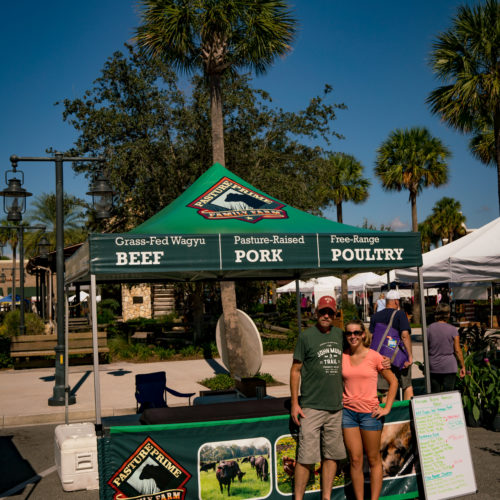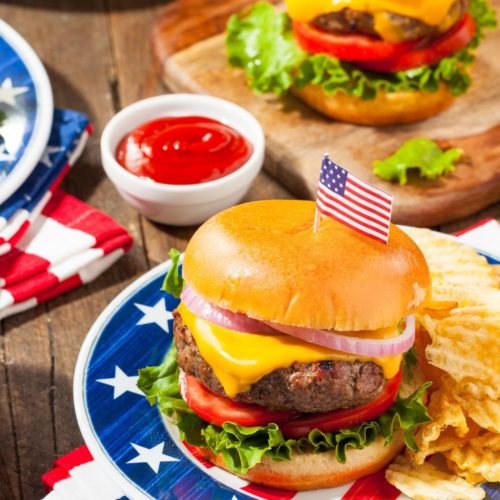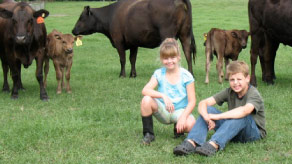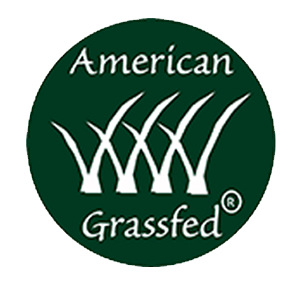Q: How long will it take to receive my order?
A: We try our best to ship every order as soon as possible to keep our customers fed. We ship on Monday-Wednesday, all orders in the state of Florida are shipped over night via UPS Ground, while orders outside the state are shipped 2 Day Air Via UPS. If you place an order on Wednesday afternoon the order will not be shipped until thew following Monday. We do not ship on or close to the weekends as we do not want to risk the package being delivered late!
Q: What is the difference between Wagyu and Kobe beef?
A: The term Wagyu is the breed of cattle from which Kobe beef is produced. The term “Kobe beef” can only be applied to Wagyu cattle that are produced in the Kobe region of Japan. Wagyu cattle produced outside of Kobe Japan should always be termed Wagyu, however they are sometimes referred to as American Kobe.
Q. Is there a difference between “Grass-fed” and “Grass-finished” beef?
A. Yes. Almost all cattle start out on grass, but end up in feedlots, where they are “finished” on grain, which fattens them quickly, but also can sicken them, since grain is not part of their natural diet. In contrast, “100% grass-fed & grass finished beef” refers to cattle that have been fed entirely on grass, NEVER fed any grain. This process takes longer, but the cattle are healthier, and their meat is much healthier for you. The terms can be confusing, that is why it is so valuable to know your farmer.
All of the Wagyu beef we sell on our farm has never been fed any grain.
Q: What is the best method for cooking Wagyu?
A: Wagyu beef is versatile and can be cooked in a variety of ways. Our favorite way to enjoy Wagyu is by keeping it simple: cook it hot and fast. We lightly season our steaks and burgers with kosher salt and freshly ground pepper. Lightly wipe a cast iron skillet with canola or olive oil and heat the skillet until it smokes. Add your steaks or burgers and sear for approximately 3 minutes on each side to achieve meat that is medium rare. This method of cooking enhances Wagyu’s legendary buttery taste and velvety texture. More detailed cooking tips coming SOON in our Blog.
Q: How long will the beef last in my freezer?
A: Our beef should keep fine for at least a year in your freezer as long as your freezer is functioning properly. All meats are vacuum packed.
Q. How much freezer space will I need?
A: A 7- cubic foot freezer will be adequate for a quarter beef.
Q: How much is a HALF beef?
A: A HALF beef will be approximately 200-300 hanging weight, depending of course on the size of the animal. You can request to the smaller or larger end.
Q. What Cuts are included in a HALF Beef?
A. The cost of a HALF is based on the hanging weight of the animal after slaughter. As an example: if the hanging weight is 225# you will be charged $7.50 X 225# or about $1687. This price is all inclusive, cut to your specifications, vacuum sealed and ready for pick up. Shipping will incur additional charges.
- Steaks (NY, Rib Eye, Tenderloin, Sirloin,),
- Roasts (Chuck, Sirloin Tip, Rump, London Broil, Bottom Round, Eye of Round),
- Ribs (Short Ribs, Bar B Q Ribs)
- Ground Beef. packed in approximately 1# packs (it is difficult to get each pack EXACT)
- Organs: as requested, Liver, Tongue, Heart, Kidneys
- Bones: as requested, Marrow, Knuckle
Q: How do I get the beef?
A: Customers can pick up the product at the farm, or from a local Farmers Market weekly at no extra charge. In addition, we ship anywhere in the US by Federal Express. Florida FedEx delivery, in most instances, can arrive within one day of being shipped, provided all items are in stock. Products are shipped frozen, cryovaced, and in high end styrofoam coolers inside cardboard cartons with gel packs included.
Q: What is the role of Nitrates in cured meats?
A. Nitrates & nitrites are a controversial and extremely misunderstood ingredient when it comes to cured meats such as bacon. This is very typical of many of the health and food myths out in the marketplace. Remember, when everything was “low fat” and then miraculously fat was absolved. Nitrates are introduced into meat products in an extremely small amount in curing salts, which is then converted to nitrite. There is much disagreement over whether nitrates or nitrites are any risk to your health. What is certain is that like everything else, an incredibly small amount is much better than too much. Many “organic” sausage and bacon makers PLAY ON THIS FEAR BY SAYING THEY DO NOT ADD CURING SALTS. Instead, they add NATURALLY OCCURRING NITRATES from (celery, spinach, swiss chard) and end up producing products that may actually have a HIGHER nitrate content than that which is found in products made with curing salts. Strangely enough, ARUGULA has the highest NITRATE content of any cured product. Nitrate is nitrate; it really doesn’t matter where it comes from. The main function performed by nitrates/nitrites is to inhibit the growth of botulism producing bacteria and helps to make sure that these products are safe to eat. They have been used historically for generations.







